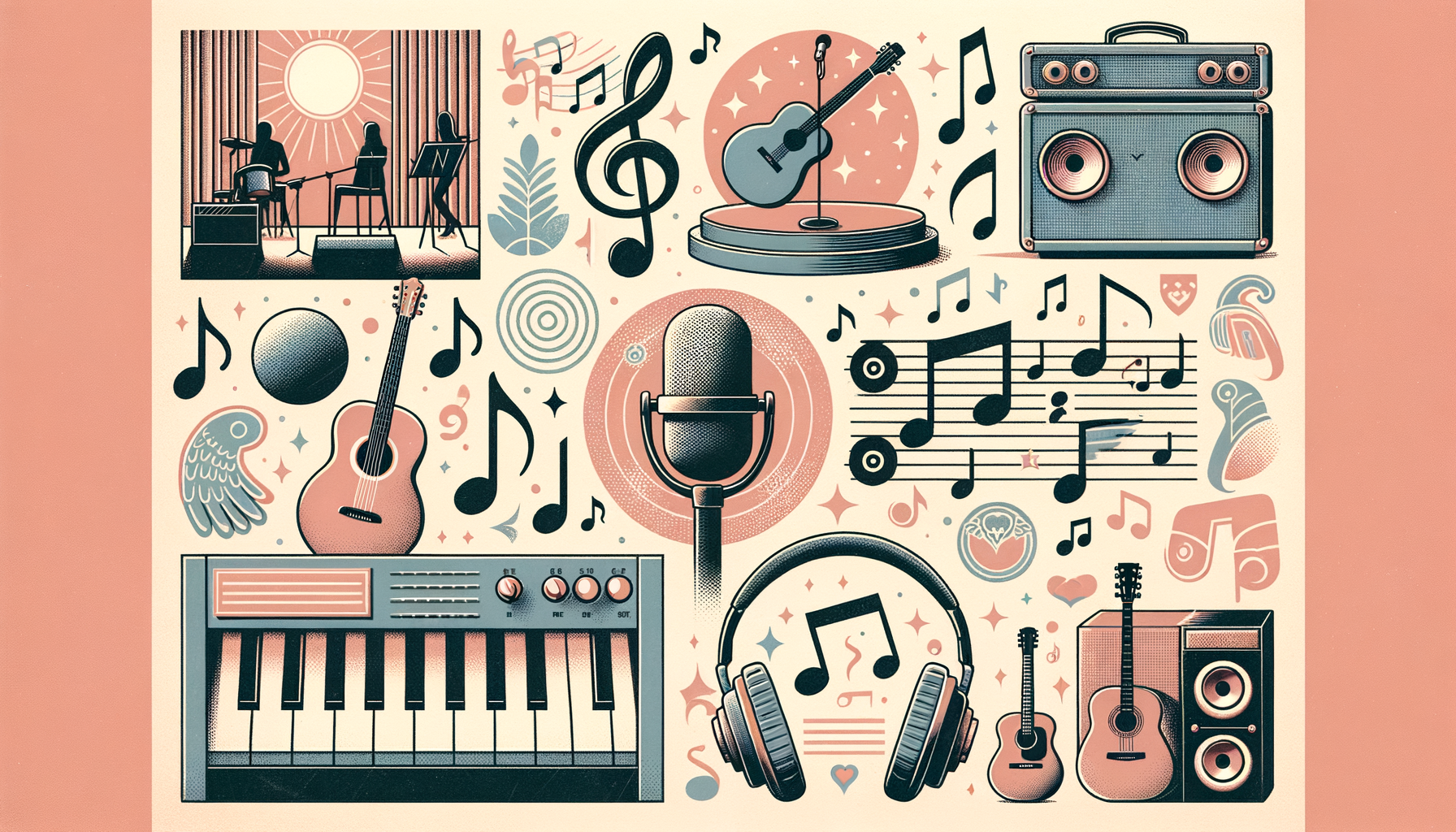
Music has this beautiful way of bringing people together, no matter where they come from or which language they speak. Lately, the wave of K-pop has sparked fresh curiosity about Korean music terms and song lyrics, drawing listeners into a vibrant culture that feels both brand-new and timeless at the same time. It’s fascinating how the language itself can shape the emotional impact of a melody, adding layers of nuance that transcend simple translation.
Discovering Korean Music Terms
Learning a few key expressions can really help you appreciate the heart of Korean music. For instance, the term 안무 (anmu), which means choreography, isn’t just a set of dance moves. It’s the visual heartbeat of a performance, making every beat more alive. Additionally, 오리지널 사운드 트랙 (Original Sound Track) is often shortened to OST and encompasses the underlined magic of film or drama music, connecting viewers to characters by weaving emotion into each scene.
가사 (gasa), or song lyrics, play a huge role in conveying a song’s soul. You might see lines like: 1. 사랑해 (saranghae) → underlined expression of love. 2. 보고 싶어 (bogo sipeo) → bold way to say “I miss you.” 3. 고마워 (gomawo) → italicized “thank you,” showing the warmth of gratitude.
These words may seem simple, but they pack powerful emotions that resonate with listeners worldwide.
Common Korean Expressions in Lyrics
Sometimes, you’ll notice repeated phrases in Korean songs. That repetition isn’t a coincidence—it’s meant to stick in your mind and heart, forming a memorable bond with the music. Here are a few examples:
훅 (hook): The catchy chorus or refrain. It’s the part you end up humming all day.
브릿지 (beurijeu): A quick passage that shifts the tone or highlights a lyrical twist.
감정 표현 (gamjeong pyohyeon): The act of expressing feelings. When you hear a singer pour their heart out, this term sums up the magic perfectly.
라이브 (raibeu): Live performance. It’s where that raw energy and spontaneity fill the air.
Becoming familiar with these phrases allows you to dive deeper into the creative layers of your favorite tracks. Sometimes, the 가사 includes cultural references or certain colloquial phrases that might seem unusual at first. But hey, ain’t that what makes each language so special?
A Quick Glimpse of Handy Words
노래 (norae): Song
춤 (chum): Dance
멜로디 (mellodi): Melody
Appreciating the Power of Lyrics
Korean lyrics often tell stories of love, friendship, and personal growth. Many people say K-pop opened their ears to the sweetness of everyday phrases and emotionally charged words. There’s a whole spectrum of feelings spoken through these songs, and the specific choice of phrases can reflect deep cultural values.
Below is a short numbered list of topics you might see in Korean lyrics: 1. 우정 (ujeong) → Friendship that endures time. 2. 희망 (huimang) → A bright sense of hope against all odds. 3. 도전 (dojeon) → Bold challenges and aspirations. 4. 추억 (chueok) → Memories, sometimes bittersweet, sometimes comforting.
You’ll catch a strong focus on respect for elders and tradition.
There’s often an emphasis on unity and collective spirit.
Symbolic references to nature appear subtly in certain songs.
Tiny snippets of historical events might pop up in modern lyrics as a nod to the past.
Conclusion
Whenever you listen to Korean tracks, notice how each underlined word or italic phrase illuminates the emotional depth of the music. These terms—like 가사, 안무, and 감정 표현—are more than just linguistic curiosities. They’re the mirror that reflects the culture, the passions, and the storytelling tradition behind every note.
Feel free to embrace small mispronunciations or everyday slang as you explore this language. Sometimes, it’s those slight imperfections that bring folks closer to actual Korean usage. After all, music is about expression, connection, and discovering shared emotions. Whether you’re belting out a powerful 훅 (hook) or softly humming a gentle melody, let the warmth of Korean music carry you into a whole new realm of sound and meaning. Enjoy every note and never stop letting curiosity guide you through this captivating journey!